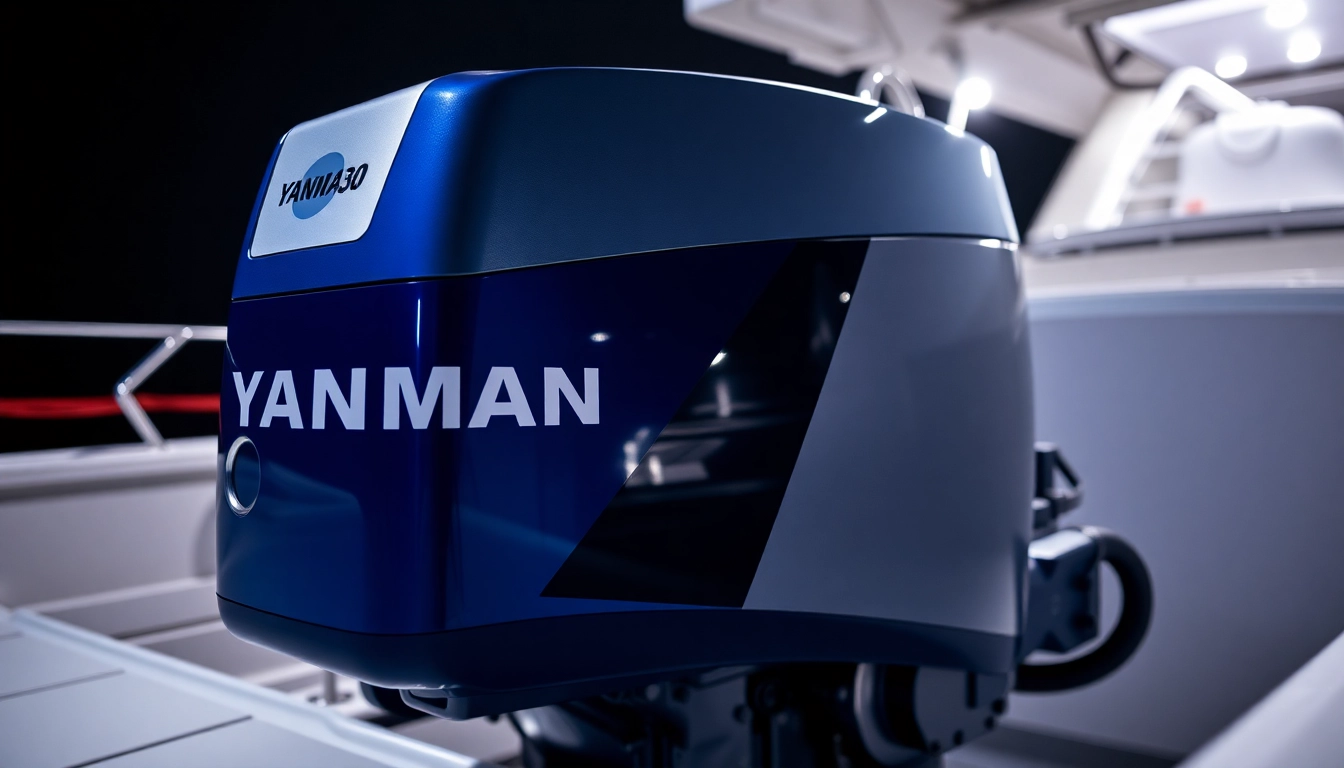Understanding Your Needs for the Perfect Car
When searching for the perfect car, it is crucial to recognize that every driver has unique needs and preferences. Whether it’s for daily commuting, weekend adventures, or family travel, understanding your requirements lays the foundation for identifying a vehicle that genuinely aligns with your lifestyle and aspirations. In this comprehensive guide, we will delve into essential considerations, step-by-step processes, and practical insights to help you find the perfect vehicle that suits your life.
Identifying Your Lifestyle Requirements
Start by determining how you plan to use your vehicle. Will it primarily be for city driving, long road trips, or perhaps for off-road adventures? Understanding your typical driving conditions helps narrow down your options significantly. For instance:
- City Driving: Look for compact cars that offer excellent fuel efficiency and ease of parking.
- Family Vehicle: Prioritize spacious options, such as SUVs or minivans, with ample seating and safety features.
- Outdoor Activities: Consider rugged vehicles like trucks or crossovers that can handle off-road conditions.
Additionally, if you have specific interests—such as eco-friendliness or luxury—factor these into your decision-making process.
Budgeting for Your Perfect Car
Once you have a handle on your lifestyle needs, it’s time to set a realistic budget. This includes not only the purchase price but also ongoing costs such as insurance, fuel, maintenance, and potential financing fees. Begin by evaluating your financial situation and seek to determine how much you can comfortably spend on a vehicle without overstretching your budget. Here are some tips to consider:
- New vs. Used: New cars typically come with warranties but can be more costly. Used vehicles offer savings but may require more maintenance.
- Ownership Costs: Research models that are known for their reliability and lower upkeep costs.
- Resale Value: Some vehicles retain their value better than others; consider depreciation when making your decision.
Realigning your budget as you shift from wants to needs can often lead you to the perfect vehicle without compromising your financial goals.
Defining Key Features and Specifications
Having identified your needs and budget, it’s time to detail the essential features and specifications that will constitute your perfect car. Below are key aspects to evaluate:
- Performance: Consider the engine power, fuel efficiency, and driving dynamics of potential vehicles.
- Safety Features: Look for cars equipped with advanced safety technologies, such as lane assist, blind-spot monitoring, and automatic emergency braking.
- Comfort and Technology: Assess interior comfort, infotainment systems, and connectivity options that align with your lifestyle, such as Bluetooth capability or satellite navigation.
Taking the time to rank these features according to their importance will simplify your research process significantly.
Researching Options to Discover the Perfect Car
With a solid understanding of your needs and a clear budget established, it’s time to dive deeper into researching available options. Thorough research not only informs you about various models but also empowers you to make an educated decision.
Comparing Brands and Models
Begin your comparative research by exploring various brands and models that fit your criteria. Utilize online resources, manufacturer websites, and car comparison websites to evaluate different models side-by-side. Here are effective strategies:
- Online Research: Look into specifications, price comparisons, and feature lists across different platforms.
- Manufacturer’s Websites: Visit official sites for detailed insight into vehicle specifications, features, and promotional offers.
- Consumer Reports: Evaluate reliability ratings and customer satisfaction surveys that offer insights into real-world performances.
Gathering this information provides a comprehensive understanding of how each vehicle stacks up against your outlined preferences.
Utilizing Online Tools and Resources
Today’s digital tools make it easier than ever to find the perfect car. Leverage online resources for a streamlined search:
- Car Finder Tools: Websites like Kelley Blue Book offer customizable filters to locate vehicles based on specified requirements.
- Comparison Tools: Utilize tools that allow you to compare multiple vehicles simultaneously.
- Social Media and Forums: Participate in automotive forums and social media groups for insights from existing owners about their experiences.
Incorporating these tools into your research process will enhance the breadth of your understanding and findings.
Reading Reviews and Testimonials
Before settling on a vehicle, it’s important to gather insights from fellow drivers. Online reviews and testimonials provide real-world experiences with vehicles you’re considering. Here’s how to approach this effectively:
- Review Websites: Consider credible sites such as Edmunds, Car and Driver, and AutoTrader that offer solid reviews.
- Social Media Feedback: Check social media platforms where car owners share their experiences, issues, and satisfaction levels.
- Video Reviews: Platforms like YouTube feature car review channels that provide in-depth analysis and visuals of various models.
Putting together this wealth of information will provide you with a balanced perspective on what to expect from each model.
Test Driving and Evaluating Your Ideal Vehicle
Once you have narrowed down a list of potential vehicles, the next step is to schedule test drives. Actually getting behind the wheel of a car is an essential part of determining whether it meets your expectations.
Scheduling Test Drives
Reach out to dealerships to arrange appointments for test drives at your convenience. Here are some tips to maximize the value of your test drive:
- Visit Multiple Dealerships: This allows you to compare vehicles in a more personal context, checking various models back to back.
- Bring a Friend or Family Member: An extra set of eyes can help you evaluate the vehicle more objectively.
- Test Drive in Different Conditions: If possible, drive the car in various conditions, such as highways and city streets, to assess performance.
A thorough test drive can reveal insights that spec sheets and online reviews may miss.
Assessing Performance and Comfort
During your test drive, pay close attention to several performance factors, including:
- Acceleration and Handling: Notice how the vehicle reacts under different speeds and driving conditions.
- Braking: Ensure that brakes feel responsive and powerful.
- Comfort Level: Assess seat comfort, driving position, and interior noise levels.
Being mindful of these factors will guide you toward a vehicle that is not only suitable but also enjoyable to drive.
Understanding Vehicle Technology and Features
Modern vehicles come equipped with a range of technological features that enhance safety, performance, and the overall driving experience. During your test drive, make a point to explore:
- Infotainment Systems: Test the ease of navigation and connectivity options for smartphones.
- Safety Features: Familiarize yourself with the technology that assists in driver safety.
- Overall Usability: Ensure controls are intuitive and within easy reach without distraction.
Understanding these features will let you appreciate their advantages while ensuring they meet your practical needs.
Navigating the Purchase Process for Your Perfect Car
Once you have selected your ideal vehicle, it’s time to navigate the purchase process confidently. Understanding each step ensures you get the best deal without unexpected complications.
Understanding Financing Options
Evaluate your financing options carefully to determine what best fits your budget. Here are common routes to consider:
- Dealership Financing: Many dealerships offer competitive rates and financing packages.
- Bank Loans: Check with your local bank or credit union for loans and compare rates.
- Leasing vs. Buying: Weigh the pros and cons of leasing a vehicle versus outright purchase based on your driving habits.
Understanding your choices will enable you to negotiate favorable terms and keep costs manageable.
Negotiating the Best Deal
Once you’re ready to make an offer on the vehicle, effective negotiation is key to getting the best possible price. Consider these strategies:
- Research Market Values: Know the fair market value of the vehicle you’re interested in to strengthen your negotiating position.
- Be Prepared to Walk Away: If the deal doesn’t meet your budget or expectations, showing readiness to leave can sometimes yield better offers.
- Utilize Timing: Shopping towards the end of the month or year, when dealerships are keen to meet sales targets, may result in better deals.
With informed negotiation, many buyers find they can secure their dream vehicle at a significantly reduced price.
Finalizing the Paperwork Smoothly
Once negotiations conclude, ensure all paperwork is reviewed meticulously before signing:
- Review the Contract: Confirm that all terms discussed are accurately reflected.
- Understand Fees: Be clear on any additional fees such as taxes, registration, and dealership add-ons.
- Vehicle History (for used cars): If purchasing a used vehicle, obtain a full vehicle history report to ensure transparency regarding past ownership and maintenance.
Finalizing these aspects diligently will help avoid potential issues down the road.
Post-Purchase Considerations for Your Perfect Car
Your journey doesn’t end once you drive your ideal vehicle off the lot. Proper care and maintenance are essential to ensure longevity and performance.
Maintaining Your Vehicle Effectively
Regular maintenance checks play a vital role in the performance and reliability of your vehicle. Key practices include:
- Routine Service: Schedule oil changes, tire rotations, and brake inspections as per the manufacturer’s recommendations.
- Monitor Fluid Levels: Regularly check engine oil, coolant, brake fluid, and other vital fluids.
- Professional Inspections: For complex issues, always consult a certified mechanic to address mechanical problems effectively.
Implementing a solid maintenance routine will keep your vehicle running smoothly over time.
Upgrades and Customization Options
Once you own your car, you might consider various upgrades or customizations to enhance your driving experience:
- Tech Upgrades: Adding dash cams, improved sound systems, or advanced navigation can enhance functionality.
- Performance Modifications: Depending on your driving style, consider modifications such as exhaust systems or suspension enhancements.
- Aesthetics: Wheel upgrades, body kits, and custom paint can reflect your personality and style.
However, always research and consider the potential impact of modifications on your warranty and insurance.
Building Long-term Satisfaction with Your Purchase
Ultimately, the goal is to attain a vehicle that brings you satisfaction and fulfills your needs. Here are suggestions for enduring enjoyment:
- Stay Informed: Join car enthusiasts’ forums or local car clubs to connect with like-minded individuals and gather tips.
- Document Your Maintenance: Keeping a log of services and repairs helps maintain vehicle value and provides a satisfying ownership experience.
- Adapt Over Time: Reassess your vehicle’s performance and suitability based on evolving needs, considering trade-ins for newer models if necessary.
By taking these steps, you will not only be a responsible vehicle owner but will also ensure your investment remains pleasurable and practical for years to come.


